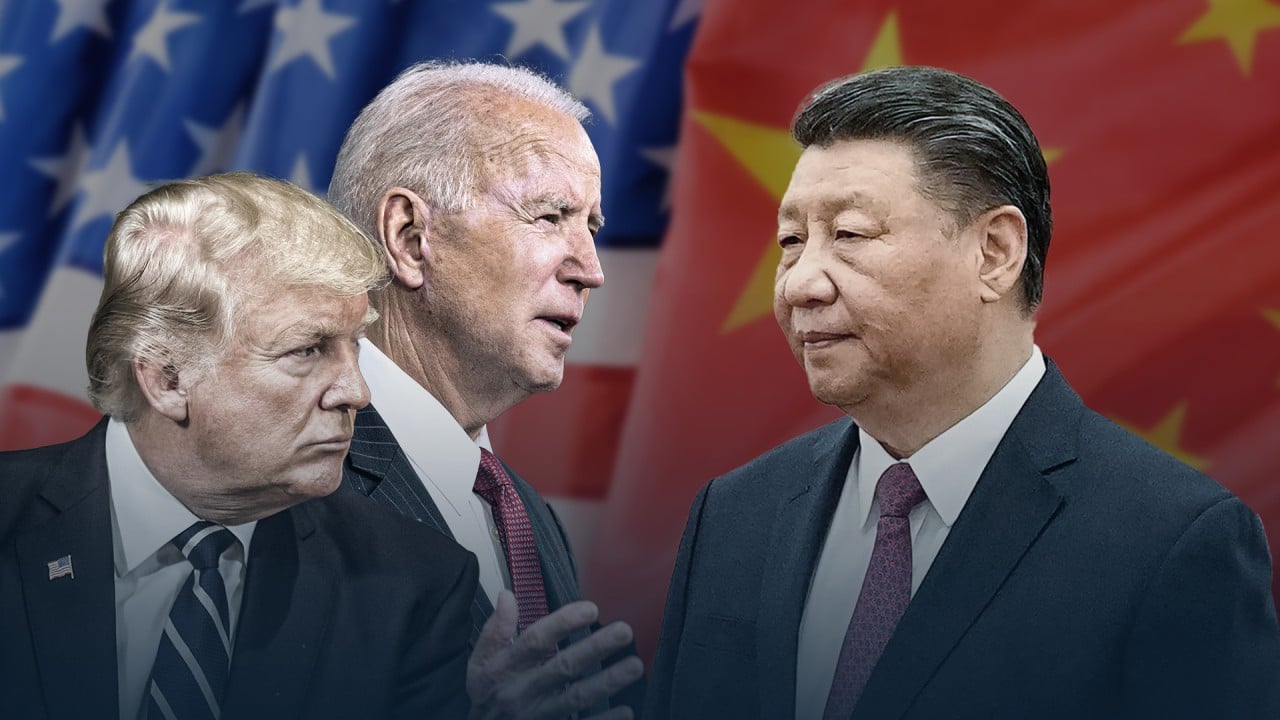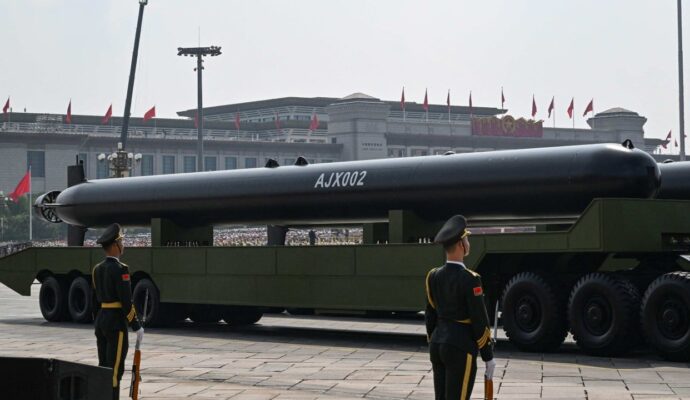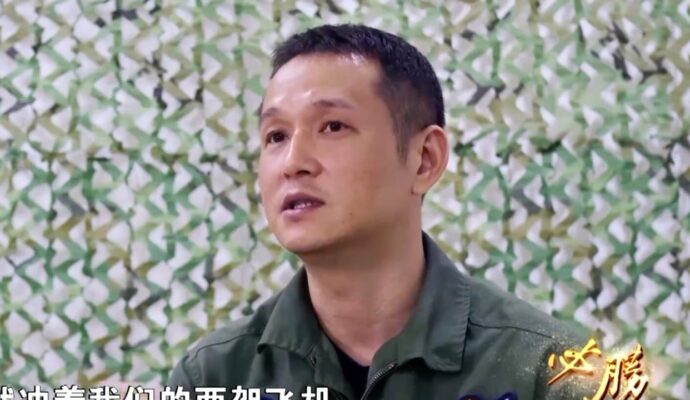In March, in a rare public comment on the US tech rivalry, Xi directly named Washington for leading the Western suppression of China.
China recently prohibited its key infrastructure operators from buying products made by US memory chip maker Micron Technology, citing “relatively serious” cybersecurity risks. Chinese security officials have also carried out raids on a few foreign and local consultancy and business intelligence firms.
Minutes from Tuesday’s meeting published by Xinhua said China needed to speed up the modernisation of the national security system and capabilities, to make sure they were practical and effective. The country’s security apparatus was urged to improve oversight of internet data and artificial intelligence, according to the readout.
The meeting also approved the speedy implementation of a nationwide security risk monitoring and early warning system, and stronger public education on national security.
National security was a major part of Xi’s work report opening the 20th party congress in October, when he vowed to strengthen safeguards in key sectors including the economy, major infrastructure, finance and telecoms networks, as well as improve data, biological, resources, nuclear, space and maritime security.
According to Xie Maosong, senior fellow at Beijing’s Taihe Institute and a senior researcher at Tsinghua University’s National Strategy Institute, Xi’s latest remarks showed China had “no rosy illusions” about the potentially devastating outcome of the US rivalry and was making serious efforts to prepare for it.
“The ‘worst-case scenarios’ might include a nuclear war, a devastating war that ruins China’s coastal economic belts [or] Western sanctions on China’s energy, finance and food supply,” Xie said.
“The better China is prepared for these, the less likely such scenarios will actually happen.”
Other likely challenges could be “a new pandemic” or “a major earthquake and other disasters caused by extreme weather”, he added.
Alfred Wu, an associate professor at the National University of Singapore’s Lee Kuan Yew School of Public Policy, said Xi’s remarks meant Beijing was convinced that recent minor improvements in Sino-US relations would be short-lived.
“Xi has named the US as the culprit behind China’s problems,” Wu said.
“Some mainland scholars have also openly expressed pessimism about the Sino-US relationship, saying the deterioration was due to domestic political dynamics in China and the US. No matter how many dialogues, there will be no fundamental improvement [they have said]. I think it is a very honest assessment.”
In a sign of the importance accorded to security work, the commission meeting was attended by three members of the Politburo Standing Committee, the party’s core leadership line-up.
They were Premier Li Qiang, Zhao Leji – chairman of China’s top legislative body, and Xi’s chief of staff Cai Qi, according to Xinhua.



